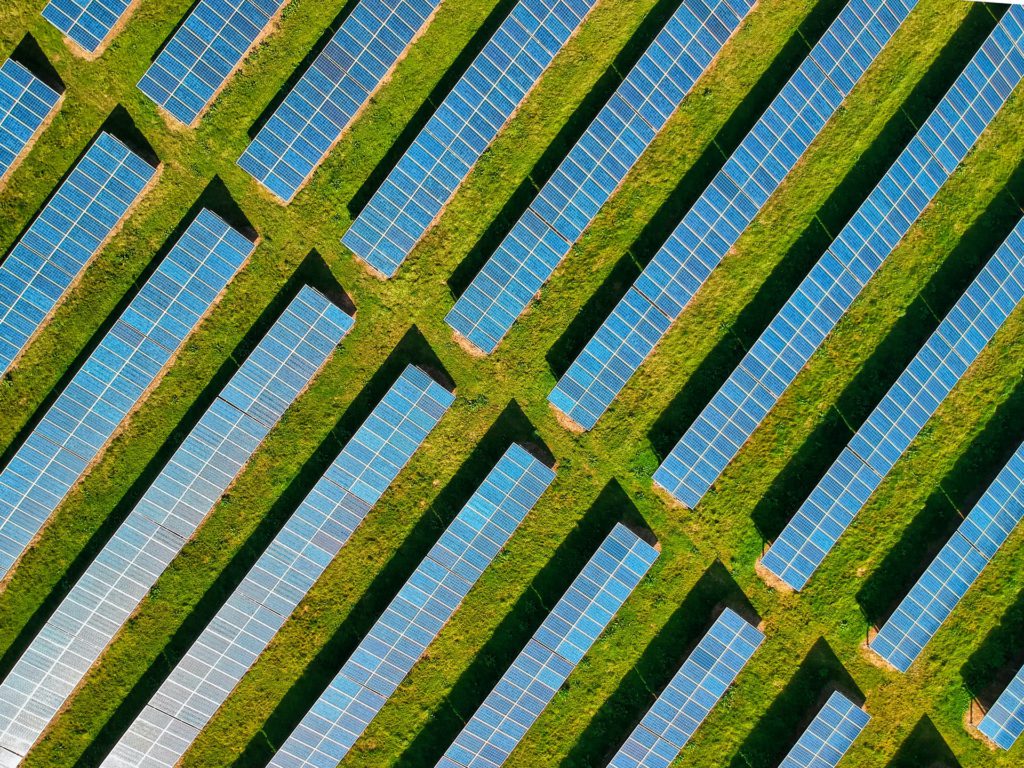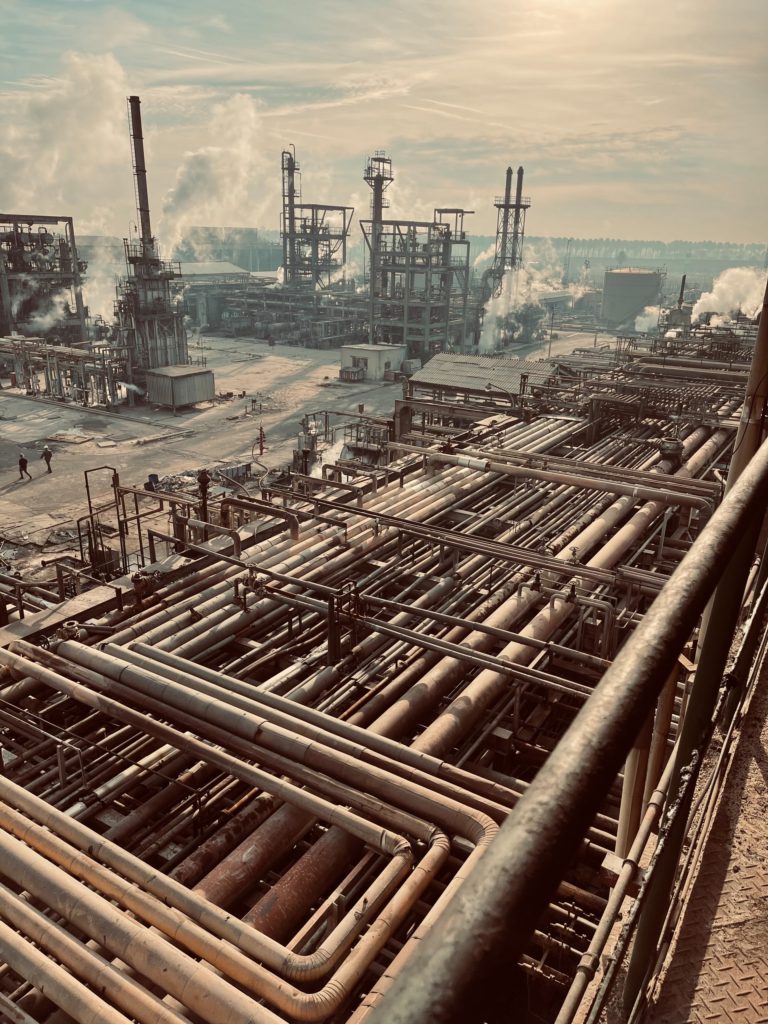Disregarded by-products, commonly known as waste, directly contributes to climate change by adding carbon-based particles into the air, adding to the greenhouse effect.
Utilisation of waste is a growing industry world wide. Across multiple sectors with low raw material costs, companies gladly give away their waste, to be then converted into a useful product.
UK energy from waste amounts to approximately 2.5% of total net UK power generation as of 2021. This is just over half of the power generated from solar farms, 4.1% and around x10 less than wind generated electricity.
A Scottish water site in Aberdeen, has successfully produced biogas from waste water sludge, reducing the amount of fuel oil used to power boilers and sludge being sent to landfill. This results in-cutting around 1,300 tonnes of CO2 emissions and saving more than £250,000 per year.
When you consider the quantities of waste water that we are treating on a daily basis, being able to turn that into something with a tangible use and creating a circular economy is a key strand of our routemap towards net zero.
Waste water operations manager in Grampian, Simon Wrigglesworth
Enfinium Kelvin has reached financial close on a 395,000 tonne per annum post-recycled waste-to-energy facility in West Bromwich, Midlands. The site will provide electricity to 95,000 houses and create up to 400 jobs.
Today marks a milestone for the project and a huge step forward to providing capacity for the safe and reliable treatment of waste that cannot be reduced, reused or recycled in the U.K
Chief Executive Officer Julia Watsford
Being able to utilise waste, whilst producing electricity and reducing the greenhouse gas effect from landfill seems like a win-win situation for law makers.
Furthermore, reducing the land taken up by landfills in the UK should open up more land for residential buildings.
Due to these benefits, would it not be better to focus on waste power generation rather than other green electricity generation methods? Should the UK government start to prioritise waste power generation?
We would love to hear your ideas, leave your comments below.

Dr. Adam Zaidi, PhD, is a researcher at The University of Manchester (UK). His doctoral research focuses on reducing carbon dioxide emissions in hydrogen production processes. Adam’s expertise includes process scale-up and material development.’



